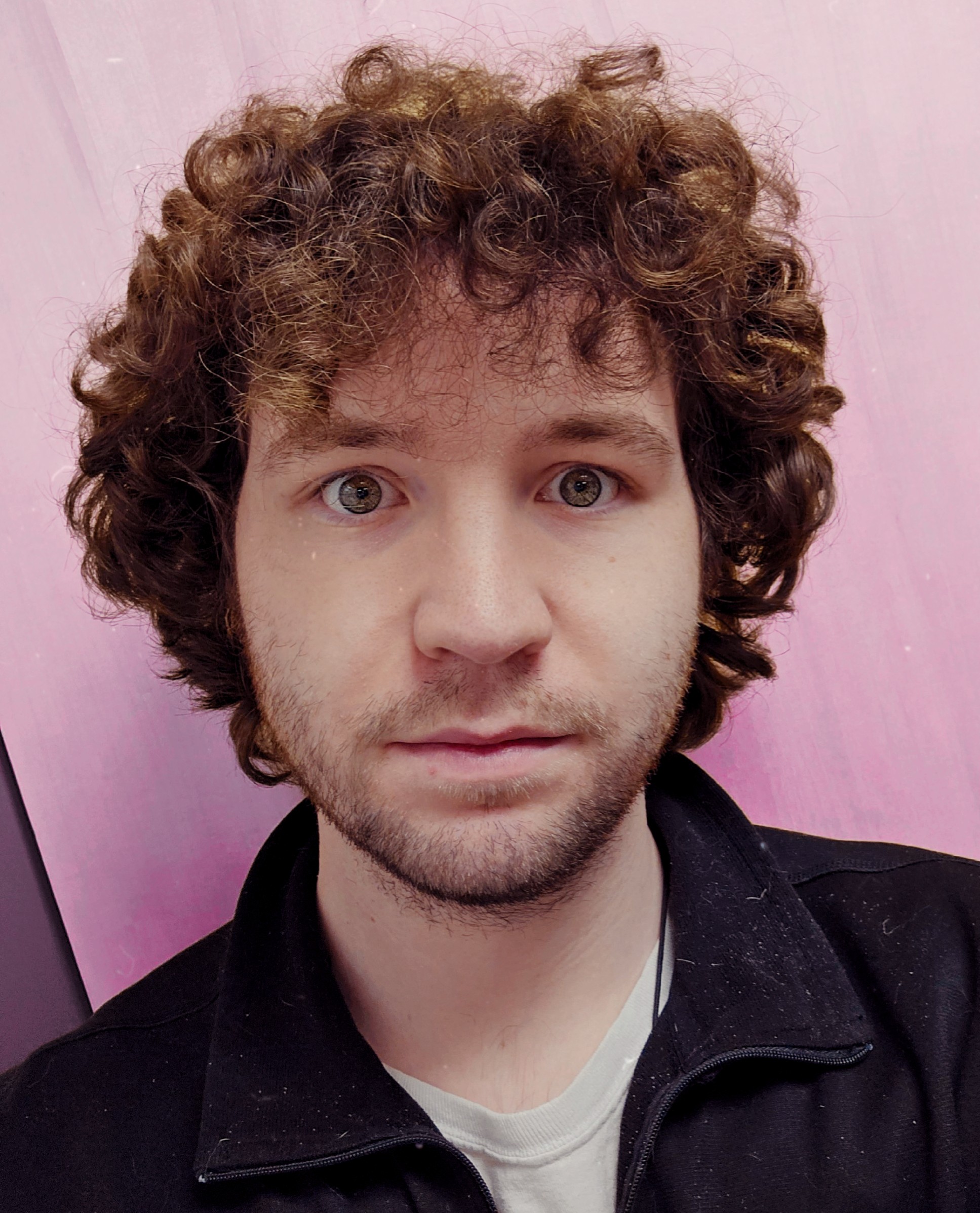Theology as a Practical Science
- Richard Ellis
- Jun 4, 2024
- 3 min read

For Arminius, theology was a practical science (scientia practica). Not in the modern sense of science, but in a manner accustomed to his time- as a deductive system. Its practical nature was such that it was "said to do with actions," instead of the theoretical science which is "said to do with things," broadly speaking.
But what type of actions?
Arminius considered the practical science as having the end of theology in mind, with that end being the blessedness of man, obtained through faith in acts of love, fear, honor, worship and obedience.
Thus, Richard Muller states that "Scientia practica does not reduce theology to a study of ministerial praxis- worship, liturgy, homiletics, and the like- any more than definition of theology as scientia speculativa restricts theology to the abstraction of priori metaphysics." Instead, the type of action that must be envisioned here, by Arminius, is one that encompasses "a metaphysical interest in the meaning and implication of the relationship between the world and God, the goal of all things." (Muller, God, Creation, and Providence in the Thought of Jacob Arminius, 64)
His intention is to render the gospel of Jesus Christ as Savior more intelligibly, in order that it may be appropriated and lived out by Christian believers so that they will worship the one true God. -W. Stephen Gunter
Historically, defining theology in this manner was not new to Arminius. The term "doctrina bene vivendi, "the doctrine of living well," was espoused by Arminius's contemporaries, that is, Perkins, Polanus, Scharpius, and Ames- to name a few. Similarly, one can find John Dun Scotus calling theology a practical science hundreds of years before Arminius.
Thus, I don't see much novelty in Arminius's approach. What was novel, was perhaps the collective need for Arminius and his contemporaries to define their reformed theology. Muller writes that the "Reformers had never defined the discipline of theology in and for the university context, leaving their successors the problem of deciding which elements of earlier discussion were suitable to the Protestant theological enterprise." (Muller, God, Creation, and Providence in the Thought of Jacob Arminius, 55)
Of course, this fueled many of the controversies in Arminius's life. Even today, debating whether Arminius was Reformed stems from this ambiguity. As Jonathan I. Isreal notes: "Early Dutch Protestantism was so fluid that it was unable to fragment." (Israel, The Dutch Republic, 85) Thus, Arminius was just continuing the path laid out by his reformed predecessors.
Anyways, thats perhaps a story for another post.
In all, Arminius, in good pastoral fashion, envisioned a theology that would facilitate the union of humanity with God- a promise he made when he took on his Leiden position: "to do none other than he has done as a pastor in Amsterdam: theologize in such a way as to facilitate the saving knowledge of God by envisioning a compelling vision of God characterized by love and justice.” (W. Stephen Gunter, Arminius and his Declaration of Sentiments, 164)
This, of course, should cause us to examine our understanding of what theology is. Do we have a view of theology that helps bring people into union with God? Or is there a separation, an Athens and Jerusalem...or Ivory Tower?
Sources:
Arminius, James. The Works of Arminius. Vol. 2, Translated by James Nichols and W.R. Bagnall. Derby, Orton and Mulligan, 1853.
Gunter, W. Stephen. Arminius and His Declaration of Sentiments: An Annotated Translation with Introduction and Theological Commentary. Waco, TX: Baylor University Press, 2012.
Israel, Jonathan I. The Dutch Republic: It’s Rise, Greatness, and Fall, 1477-1806. Oxford: Clarendon Press, 1995.
Muller, Richard A. God, Creation, and Providence in the Thought of Jacob Arminius: Sources and Directions of Scholastic Protestantism in the Era of Early Orthodoxy. Grand Rapids, MI: Baker Book House, 1991.
Cross, Richard. Duns Scotus. Great Medieval Thinkers. New York, NY: Oxford University Press, 1999.





Comments